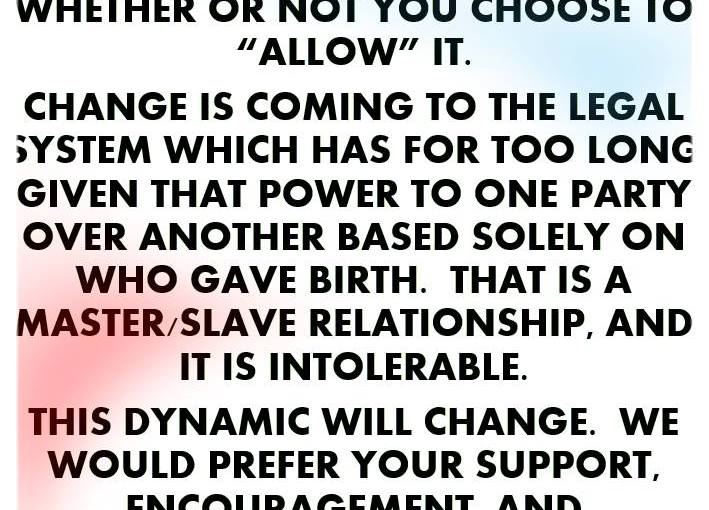Dignity Rights for Mrs. Doubtfire: A Place for Fathers in Custody Disputes | New York Law Journal
In the iconic movie, “Mrs. Doubtfire,” a judge confronts Daniel at a hearing following the exposure of Daniel’s identity as the daddy inside the nanny and lowers the gavel. The judge dismisses Daniel’s baleful explanation of the charade—a sincere, even desperate love for his three children—as mere additional evidence of superb acting ability. He assigns permanent custody to Miranda, orders supervised visitation, and refers Daniel for psychological counseling.
With less than perfect judgment, beset with unusual habits, perhaps even a bit eccentric, but with no dangerous or truly aberrant characteristics, Daniel is like many devoted fathers of the some 70 million American dads who are knocked senseless by the legal system when spousal strife prevents amicable resolution of custody and visitation disputes during divorce and separation proceedings. On custody, she usually wins, he usually loses, especially if the children are young. He becomes a mere visitor in his children’s lives (hence the term “visitation” rights) obligated to pay child support and often doomed to fight monumental battles with spouse and court to maintain even the slightest contact with his children. A common story in states across the nation, rarely with a happy ending.
Is a disguise, a masquerade, a Mrs. Doubtfire, the only route out of the quagmire for devoted, competent fathers? Or might there be some recourse or solace to be found in the law, some concept or theory he might grab onto? The answer is a tentative, guarded, but perhaps inevitable “yes,” a right ripening on the vine called human dignity or “dignity rights,” a right that just may elevate them to the sanctum of a protected class.
Best Interests
In New York fathers ostensibly begin on a level playing field of equal protection and due process. Under the Domestic Relations Law there is no prima facie right to custody in either parent; fathers are not automatically excluded (DRL Sec. 70[a]; Sec. 240 (1)[a]). Case law, moreover, shelters visitation with repeated emphases on the crucial role a noncustodial father can play in the development of the children (Ronald S. v. Lucille Diamond S., 45 A.D.3d 295 (2007)), and the obligation of a custodial mother to assure meaningful contact between children and him (Bibi Khan-Soleil v. Armani Rashad, 111 A.D.3d 728 (2013)).
But then there is the “best interest” test which both custody and visitation courts impose as an objective evaluation of parental qualification (DRL Secs. 70, 240; Friederwitzer v. Friederwitzer, 55 N.Y.2d 89 (1982); Eshbach v. Eschbach, 56 N.Y.2d 167 (1982))—a test fathers flunk in some significant degree or another more frequently than mothers.


